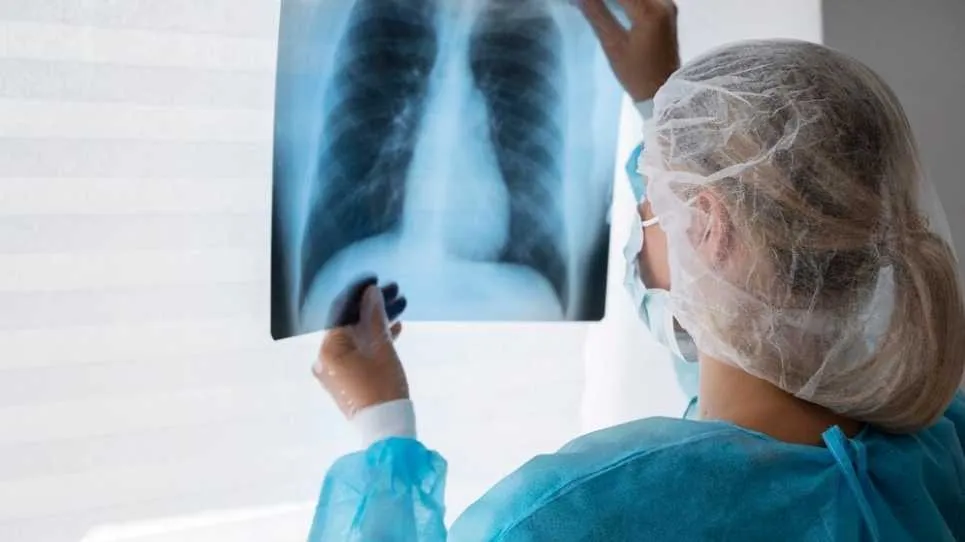Learn about the causes, symptoms, diagnosis, and treatment of this serious lung infection.

Pneumonia is a serious lung infection that can affect people of all ages. It is caused by bacteria, a virus or a fungus and may cause inflammation and fluid buildup in the lungs. Pneumonia can be mild or severe, and it can be life-threatening in some cases.
In this comprehensive guide, we will discuss everything you need to know about pneumonia, including:
- What is pneumonia?
- What are the causes of pneumonia?
- What are the symptoms of pneumonia?
- How can pneumonia ben diagnosed?
- How can pneumonia ben treated?
- How can you prevent pneumonia?
What is pneumonia?
Pneumonia is an infection of the lungs. Pneumonia can affect one or both lungs.
The air sacs in the lungs, called alveoli, are responsible for exchanging oxygen and carbon dioxide. When pneumonia occurs, the alveoli become inflamed and filled with fluid or pus. This can make it difficult to breathe and can lead to other complications, such as sepsis.
What are the causes of pneumonia?
The most common cause of pneumonia is bacteria. The most common bacterial causes of pneumonia include:
- Streptococcus pneumoniae (pneumococcus)
- Haemophilus influenzae
- Mycoplasma pneumoniae
Other causes of pneumonia include:
- Viruses, such as the flu, cold, or RSV
- Fungi, such as Aspergillus or Pneumocystis jiroveci
What are the symptoms of pneumonia?
The symptoms of pneumonia can vary depending on the cause and severity of the infection. Common symptoms include:
- Fever
- Chills
- Cough
- Shortness of breath
- Chest pain
- Fatigue
- Headache
- Muscle aches
In some cases, pneumonia can also cause nausea, vomiting, or diarrhea.
How is pneumonia diagnosed?
Pneumonia can be diagnosed based on a physical examination, a chest X-ray, and a sputum culture. The chest X-ray will show changes in the lungs that are consistent with pneumonia. The sputum culture will identify the organism that is causing the infection.
How is pneumonia treated?
The treatment for pneumonia depends on the cause and severity of the infection.
Bacterial pneumonia can usually ben treated with antibiotics.
Viral pneumonia can often resolve on its own, but in some cases antiviral medications must be prescribed. Fungal pneumonia should be treated with antifungal medications.
In addition to medication, people with pneumonia may also need to rest, drink plenty of fluids, and take over-the-counter medications to relieve symptoms, such as pain relievers and cough suppressants.
How can you prevent pneumonia?
There are a number of things you can do to help prevent pneumonia, including:
- There are two vaccines available: the pneumococcal vaccine and the influenza vaccine.
- Wash your hands often with soap and water.
- Avoid close contact with people who are sick.
- If you smoke, quit. Smoking increases your risk of developing pneumonia.
Conclusion
Pneumonia is a serious infection that can affect people of all ages. It is important to seek medical attention if you think you may have pneumonia. Early diagnosis and treatment are important for preventing complications.
Recommendations
- The CDC website has a wealth of information about pneumonia, including prevention tips, symptoms, and treatment options.
- The American Lung Association also has a website with information about pneumonia.
- The National Heart, Lung, and Blood Institute has a website with information about pneumonia.
Find this and many more knowledge guides on Monkicon